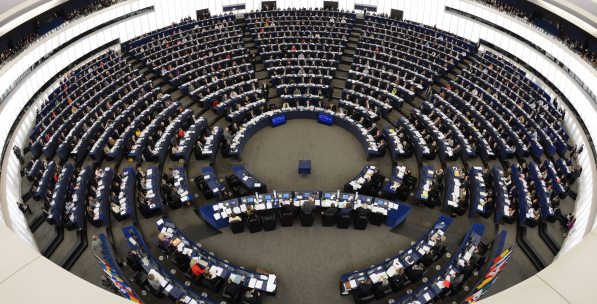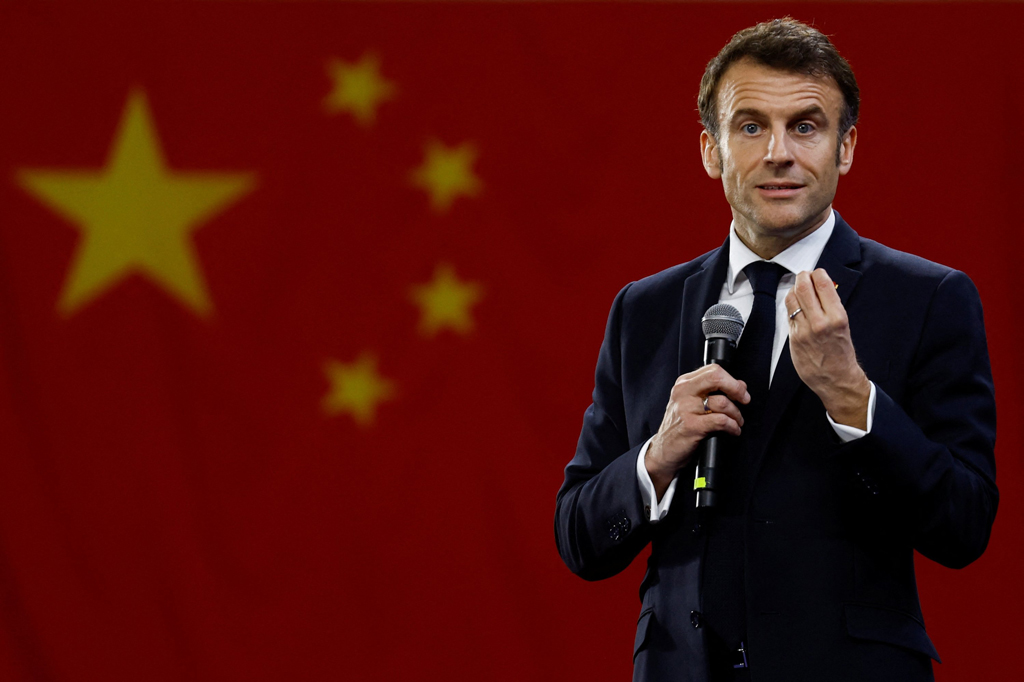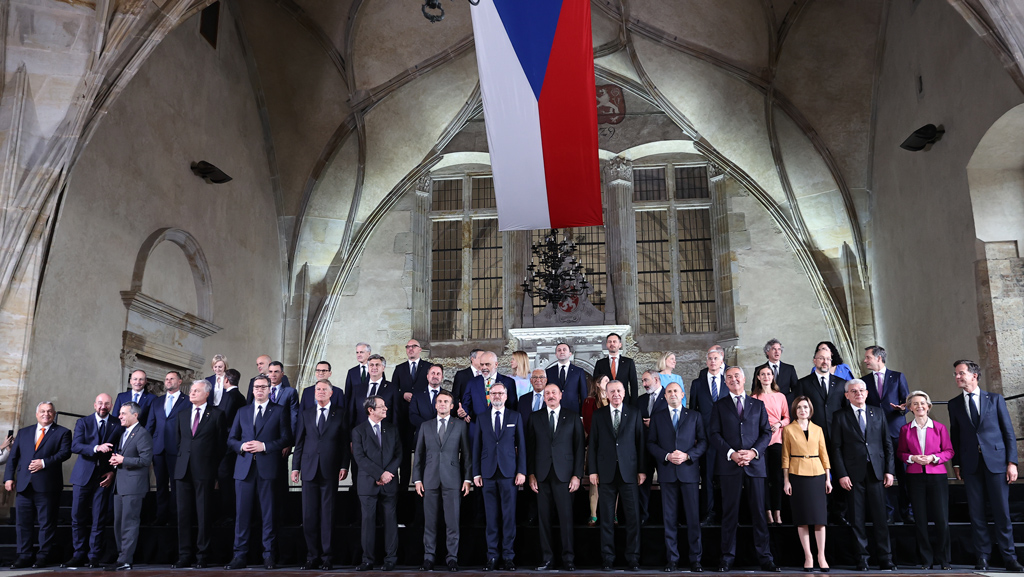The forthcoming presidential election does not occupy our domestic agenda alone. Because Turkish nationals living abroad will be casting votes for the first time, internal polarization has gone beyond our borders. Germany, where millions of Turkish expats live, is perhaps the European country that feels this polarization most profoundly. Prime Minister Recep Tayyip Erdoğan's address to 30,000 people in Cologne's Lanxess Arena was greeted with familiar discussions of authoritarianism by the German press. Some news outlets criticized the Soma coalmine disaster cavalierly, while others pushed the ultimate limits to declare Erdoğan "Führer." Even worse, Der Spiegel daily stepped out of line to say "Go to hell Erdoğan." The "call for sobriety" by German state authorities, and in particular by Chancellor Merkel, did not go unnoticed.
The reason for this discomfort is quite obvious.
The fact that Turkish expats in Germany will go to the polls has a transformative role. For the first time in history, a Turkish leader has gone to Germany to hold election rallies and address a Turkish audience. Presidential candidates have to address an expat electorate as well. This obligation will somehow "Turkify" German politics gradually.
That is why the German media that boasts an anti-Erdoğan attitude has to be careful. They make use of the polarization of Turkey's internal politics through the debates over authoritarianism. What is more important, the promotion of this anti-Erdoğan inclination may have a provocative effect on the AK Party's supporters in Germany. Erdoğan has as many critics as his supporters. The potential reactions caused by anti-AK Party standpoint may exacerbate current xenophobia in Germany.
One should remember the fact that Turkey's polarization has been accelerated by the German President Gauck's baseless criticisms during his recent visit to Turkey.
One of the adverse outcomes of the escalating anti-Erdoğan tendency in Europe and Germany is it makes Turkey's membership in the EU a matter of discussion.
Importing Turkey's internal polarization to Germany may deepen Turkish conservatives' suspicion over the West. For the supporters of the AK Party, the discourse of authoritarianism and anti-Erdoğan perspective in the West is regarded as an effort to discipline Turkey. This rhetoric is perceived as an instrument to cram Turkey into a certain regional and international equation.
The negotiation process with the EU contributed significantly to Turkish democracy. However, the backlash of Turkey's imported polarization will have multifaceted costs. Therefore, Europe's and Germany's call for sobriety should be paid attention to. During Sunday's European parliamentary election, the far-rightist parties that look at the EU with suspicion came in first in a number of European countries including France and the U.K.
On Saturday, Erdoğan addressed the European public during his Cologne speech. If we are to assess these two days' incidents together, we can make two critical inferences about Turkish-European relations. Erdoğan's tone in Cologne was more moderate than was expected. Despite provocations caused by the placards of the German media and other demonstrators, democratic commonsense prevailed over them.
If one remembers that Turkey's countertrade with Germany has surpassed 30 billion euros (TL 86 billion), the political tension caused by the domestic polarization will bear no fruit for either country.
In his speech, Erdoğan highlighted the historical cooperation between Germany and Turkey and touched upon the importance of Turkey's EU membership. He highlighted relations between equal members of the EU by saying "Europe lacks without Turkey." He also emphasized that integration is the most critical issue for Turkish expats. Despite supporting integration, Erdoğan stood against assimilation and stated, "Integration without being assimilated, without abandoning self-culture and language."
This depiction of integration indicates that Turkey









